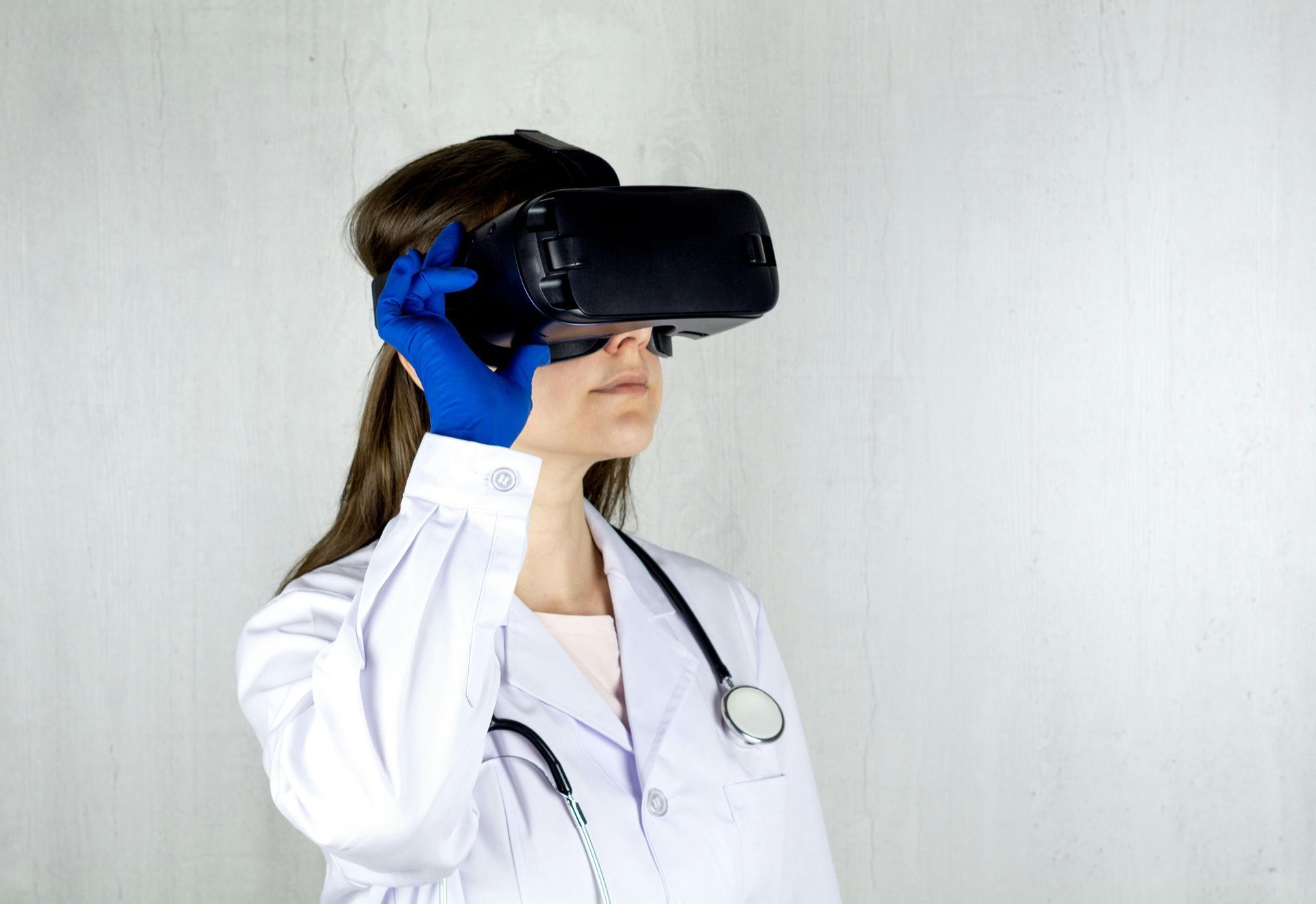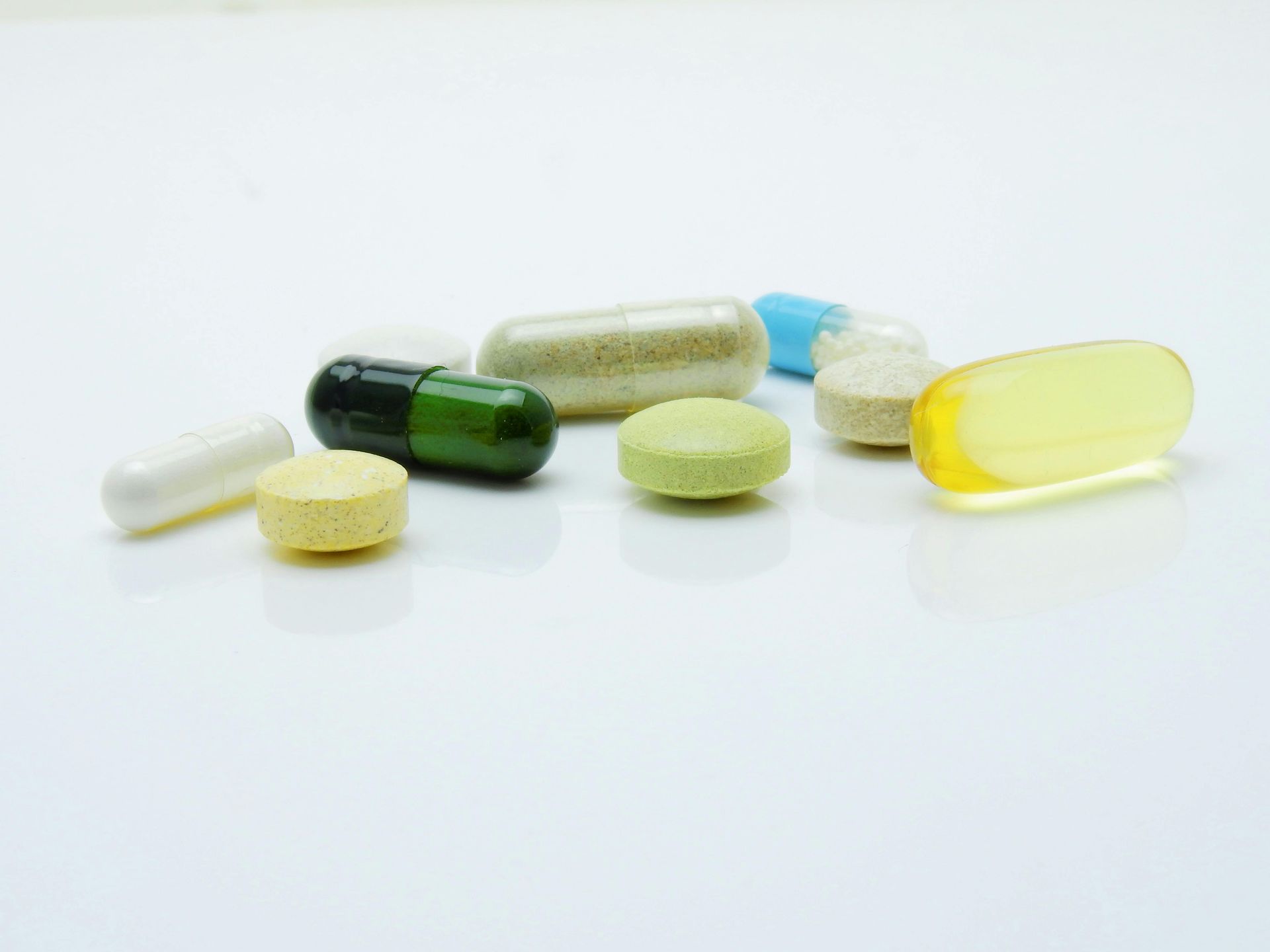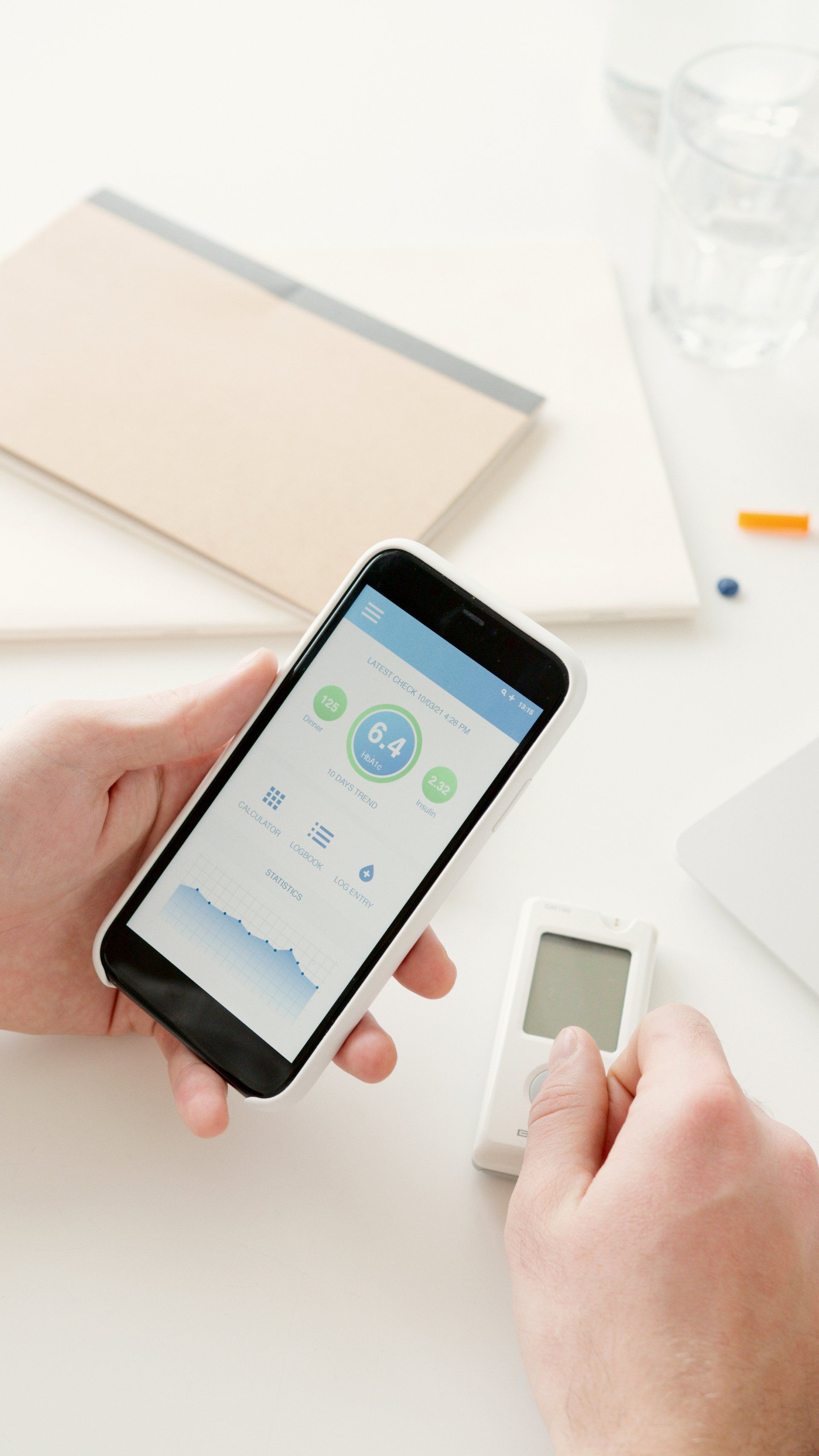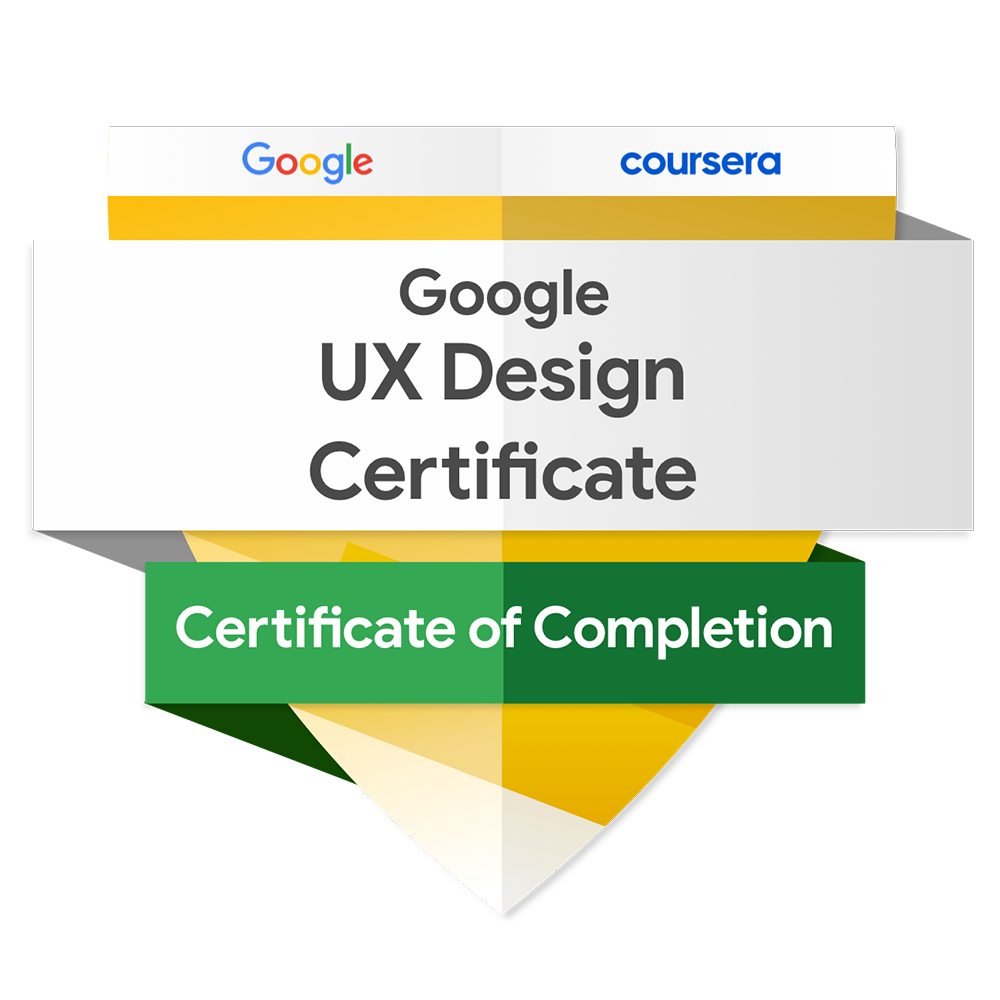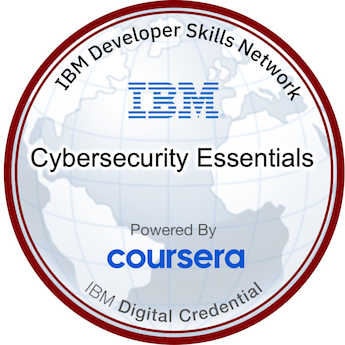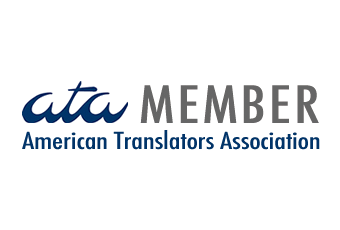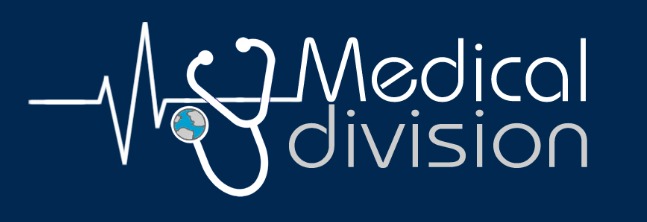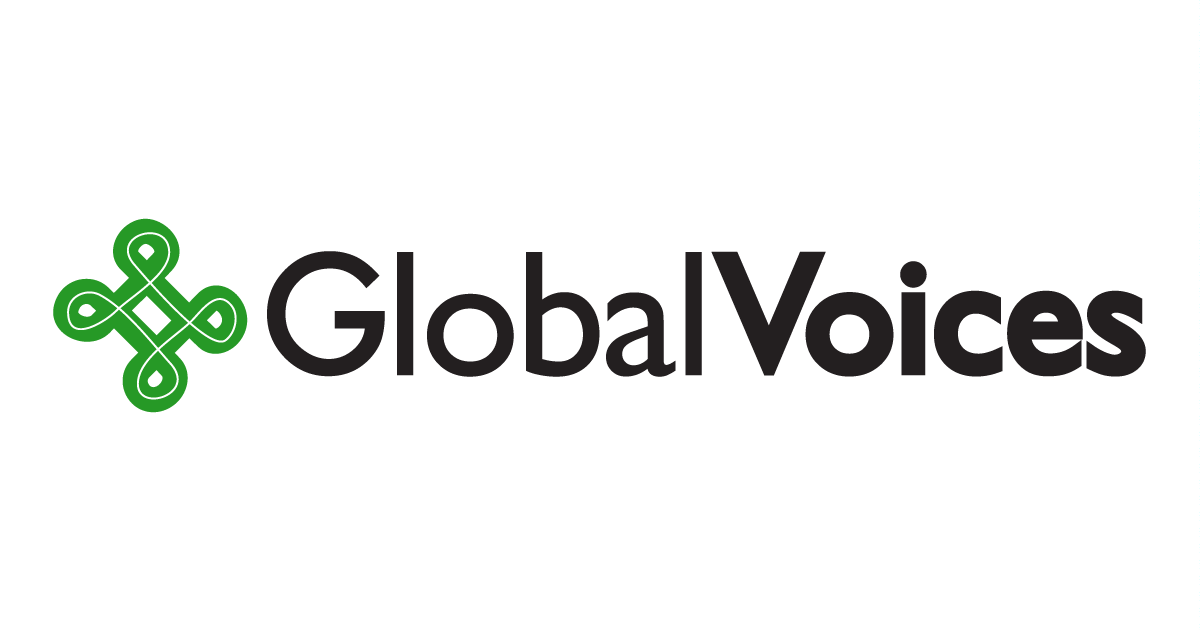The Importance of Accurate Translation in Medical Device User Manuals
Medical device translation: What is at stake?
When it comes to medical devices, accurate translation is critical—especially in user manuals. A medical device user manual isn’t just a formality; it’s a critical tool that directly impacts patient safety, regulatory compliance, and product usability. Here’s why working with a medical device translation specialist is essential, and why poor translations can have serious consequences.
Patient Safety is on the Line
Medical devices are often used in high-stakes environments. If a healthcare professional or a patient can’t fully understand how to use the device because of a poorly translated manual, the result can be catastrophic. Misunderstanding instructions for setup, operation, or maintenance can lead to serious health risks—from ineffective treatment to severe injury.
For example, if the calibration instructions are mistranslated, the device might deliver incorrect doses or readings, endangering the patient’s life. Accurate medical device translation ensures that every instruction is clear and precise in any language, preventing such risks.
Compliance with Regulations
Accurate translation is not just about writing in your users language—regulatory translation for medical devices is also crucial. Every country has its own regulations governing medical devices, and failure to comply can lead to product recalls, legal issues, or even bans.
For instance, in the European Union, medical device documentation must be available in the official language(s) of each country where the product is sold – see MDR Language Requirements for manufacturers. A professional medical device translation specialist ensures that your manuals comply with these requirements and can save your business from legal headaches and help you avoid costly delays in getting your product to market.
Minimizing Liability Risks
If a medical device fails due to user error caused by a bad translation, your company could face legal consequences. An accurate translation minimizes these risks by ensuring the instructions are clear, complete, and adapted to the local market.
A precise and legally compliant regulatory translation for medical devices protects your business from potential lawsuits by providing users with the correct information to operate the device safely. This is a safeguard that could be crucial in defending against legal claims.
Improved Usability and User Satisfaction
Medical devices can be complex, requiring detailed instructions for setup, calibration, and maintenance. Clear and accurate translations make it easier for healthcare professionals, technicians, or patients to use the device correctly.
A poorly translated manual can confuse users, leading to errors or dissatisfaction. By investing in high-quality medical technologies translation services, you ensure that the user experience is smooth, no matter what language the manual is in. This reduces customer complaints and boosts product reliability.
Cultural Sensitivity and Localization
Translation alone isn’t enough—you need localization for medical device software and manuals. Localization adapts content for the local language, cultural norms, and even technical standards like units of measurement or regulatory terminology. For example, a term used in a U.S. manual might not be understood in France.
Proper localization for medical device software and documentation ensures that your product works smoothly in another market, reducing confusion and ensuring a consistent user experience. It’s not just about words—it’s about making the manual truly functional for local users.
Boosting Market Access
Expanding into new markets requires more than just a good product. To be successful, you must meet the local language and regulatory requirements. A medical device translation specialist helps you navigate this, ensuring your documentation is accurate and compliant for each region.
A well-translated manual makes it easier to obtain regulatory approvals, gain trust in new markets, and ultimately increase your sales. Without accurate translation and localization, you’re essentially blocking your own market entry. Medical technologies translation services can open doors to global expansion.
Are you ready to translate your medical device IFUs for the French market?
In the medical device industry, the stakes are high. The importance of precise translation in user manuals cannot be overstated. It’s not just about translating words—it’s about ensuring safety, compliance, and usability. Investing in a medical device translation specialist and professional medical translation services is not just smart; it’s necessary. Whether you need regulatory translation or localization for medical device software, I am here to help. Email me today at contact@emilecret.com or click here to send a message.
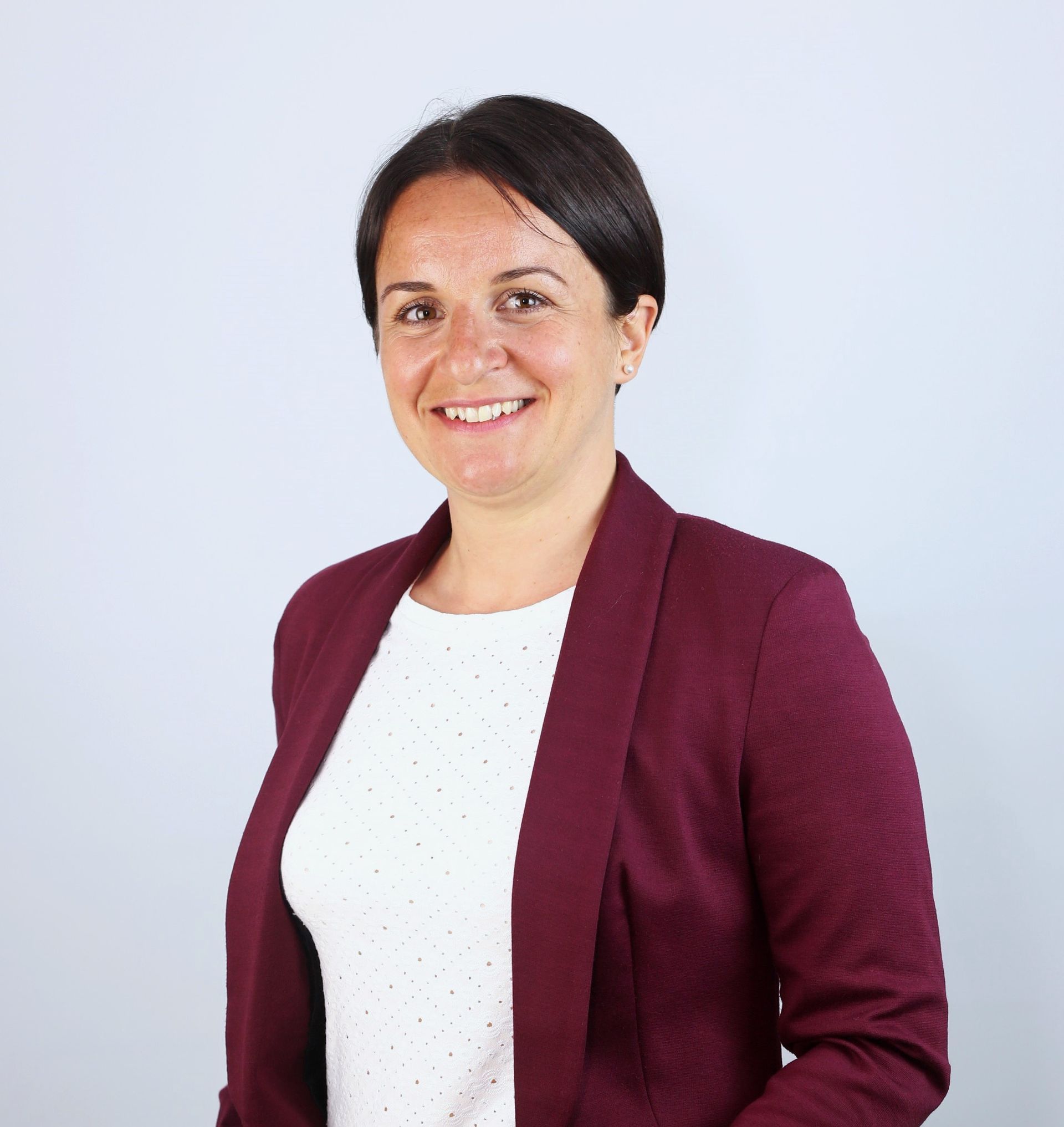
Emi Lecret
Professional Medical Translator from English into French
Localisation Specialist for healthcare and medical companies
UX/UI Designer
contact@emilecret.com
Share this article
